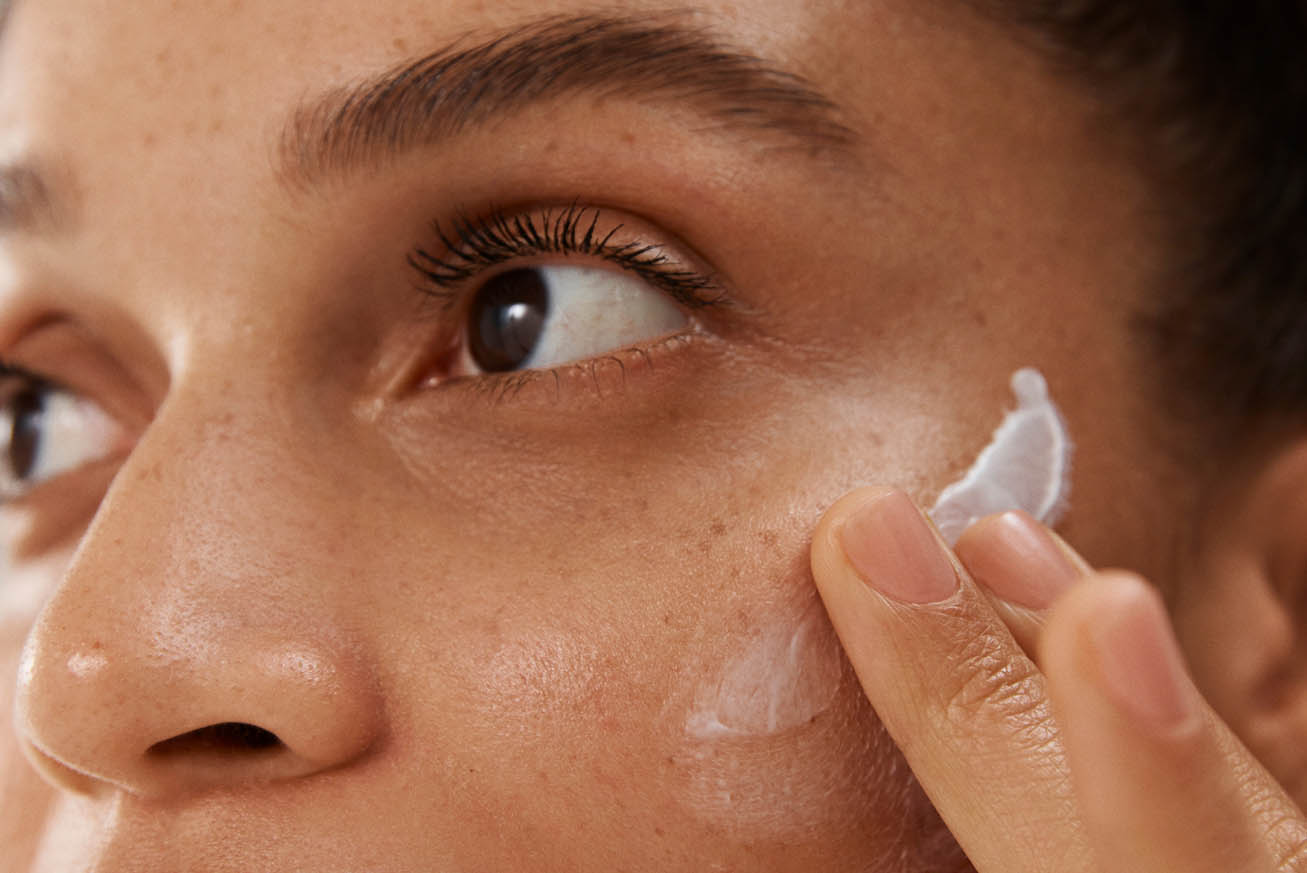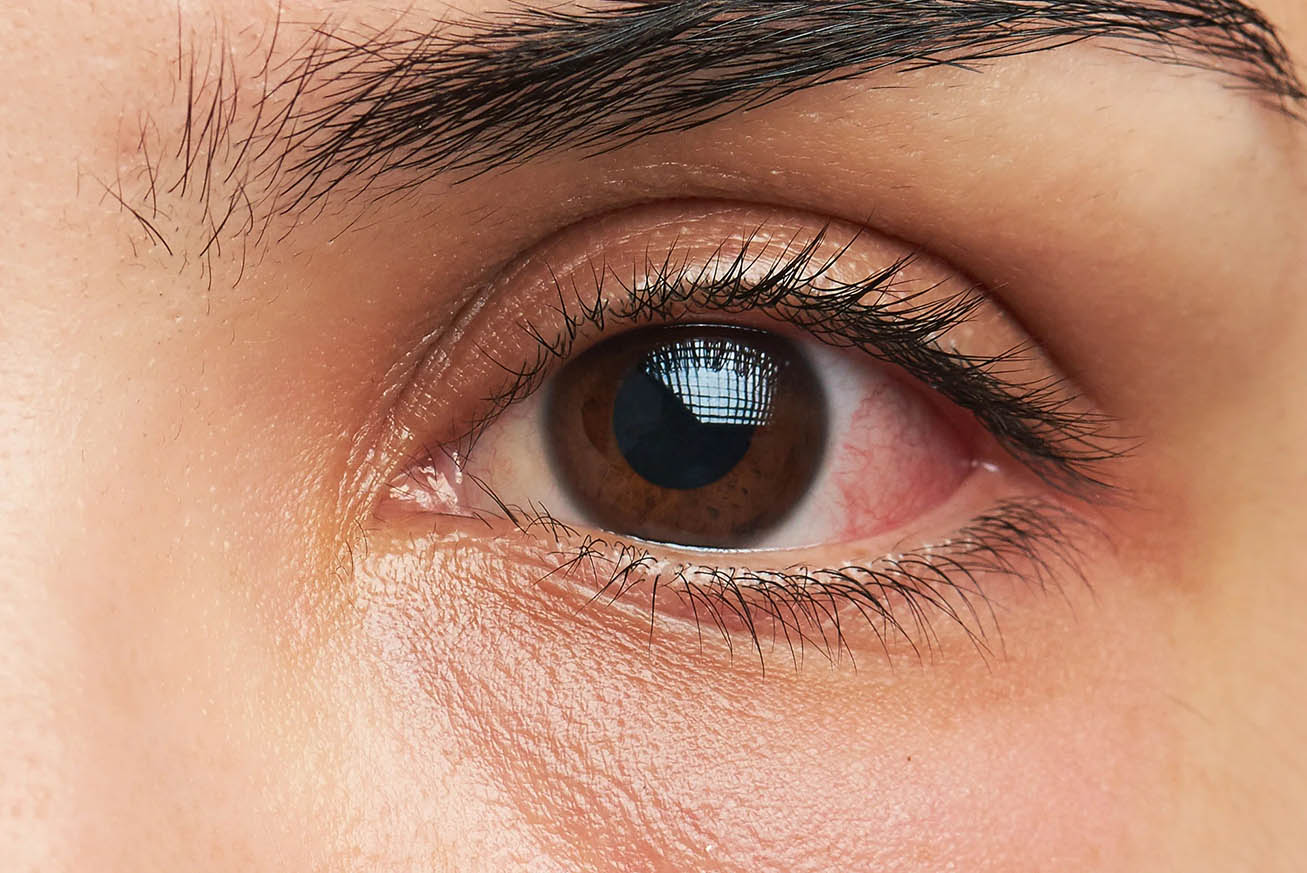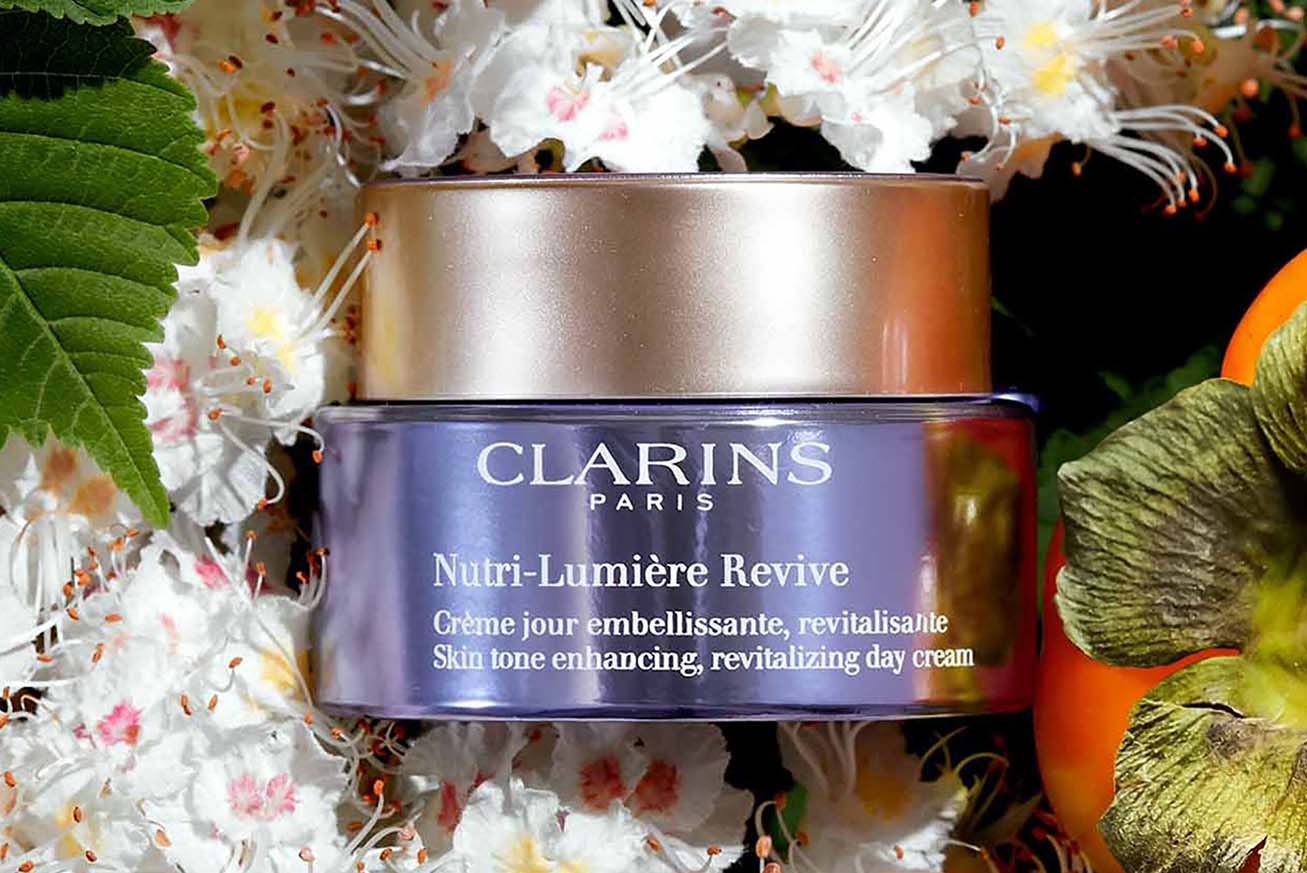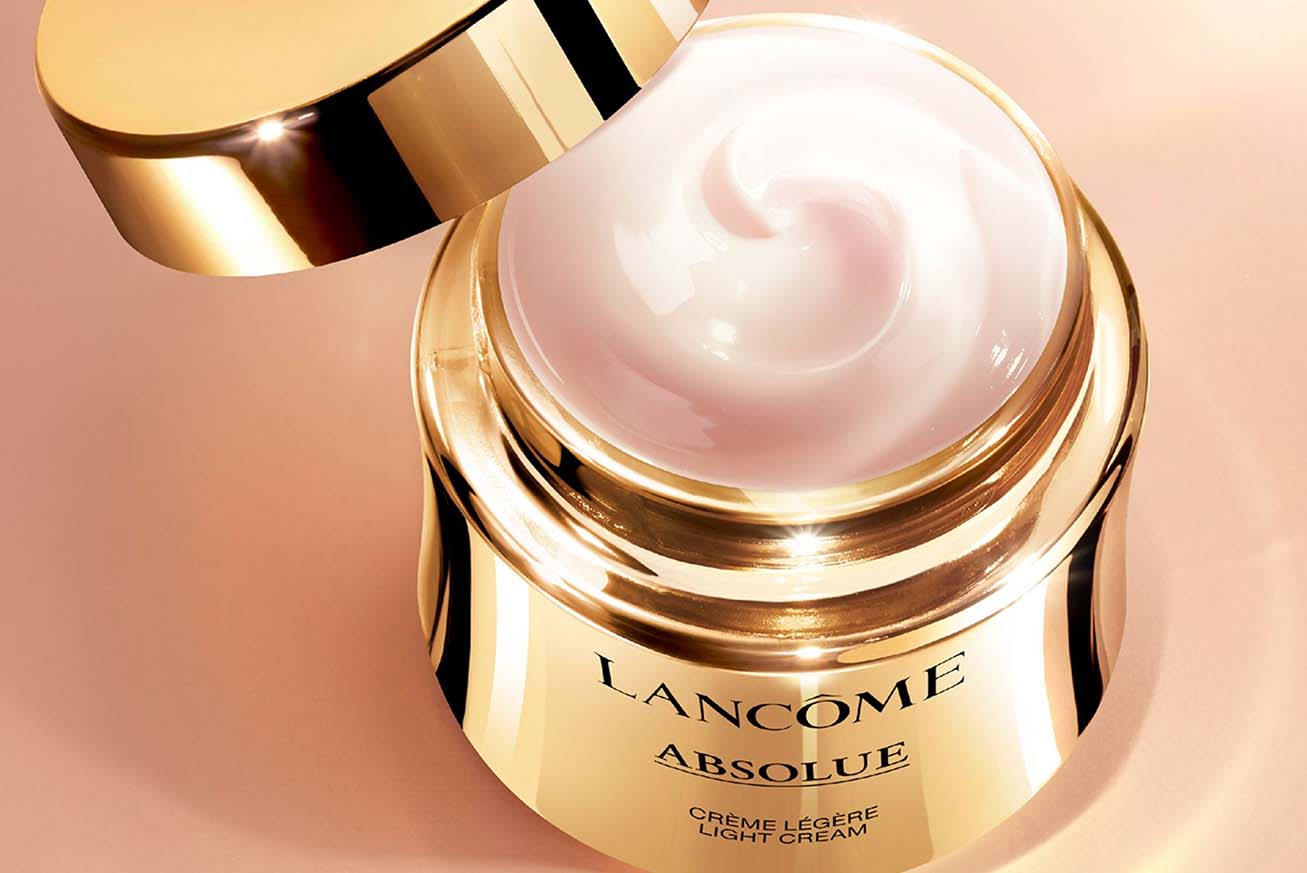As winter approaches, the cold and dry weather not only forces us to pile on more layers of clothing, but it also presents a major challenge for our skin. The dry, cold air, coupled with low humidity and the heated indoor environments we rely on, often causes our skin to become rough, tight, and even cracked or flaky. Therefore, keeping our skin hydrated during the winter is crucial. Healthy, hydrated skin not only enhances our personal beauty but also helps us feel more comfortable and confident in the colder months. I understand the importance of maintaining moisturized skin, especially because smooth, glowing skin can elevate one’s appearance. Today, I’ll share some practical skincare tips to help you keep your skin hydrated during winter, and I’ll also recommend some international skincare products to help you develop the perfect winter skincare routine.
Why Does Skin Dry Out in Winter?
In winter, dry skin is a common problem that many of us experience. The reasons for this are varied:
- Low Humidity: Winter air tends to be drier, especially when cold winds blow. The air outside has much less moisture, which causes the moisture in your skin to evaporate quickly.
- Temperature Fluctuations: During winter, the difference between the cold outdoor air and the warm indoor air can damage the skin’s natural barrier, causing rapid moisture loss.
- Use of Heating Devices: Many people use air conditioning or heating systems to stay warm in the winter, but these devices can further dry out indoor air, leading to even more moisture loss from the skin.
- Hot Showers: Many of us love to take hot showers in winter to feel cozy, but hot water strips away the natural oils from the skin, leaving it even drier.
Thus, keeping the skin moisturized becomes essential in winter. By adopting the right skincare practices, we can effectively counter the challenges posed by the environment and keep our skin hydrated and glowing.
How to Keep Your Skin Hydrated in Winter
1. Drink Plenty of Water: Hydration Starts from Within
Many people think they don’t need to drink as much water in winter because they don’t feel thirsty. However, the dry air and temperature fluctuations can quickly dehydrate your body, making it more important to replenish your fluids. Drinking water is essential for maintaining hydrated skin, especially in the morning after waking up. I recommend drinking a glass of warm water as soon as you wake up, which helps clear out waste from your system and prepares your body for the day.
It’s recommended to drink at least 8 cups (about 2000 ml) of water per day, but if you’re spending a lot of time in heated indoor environments, you might need to drink even more to compensate for the increased moisture loss. In addition to water, consider eating water-rich foods, such as fruits (like watermelon and oranges) and vegetables (such as cucumbers and tomatoes), to help boost your hydration levels.
When it comes to drinking, the temperature of the water also matters. Cold water can be harsh on your digestive system, and very hot water can irritate your throat. Warm water is the best choice—gentle on your body and perfect for staying hydrated without any negative side effects.
2. Invest in a Humidifier: Improve Indoor Air Quality
In winter, the use of air conditioning and heating is commonplace, but these devices can make indoor air extremely dry, causing the skin to lose moisture even faster. To counteract the dry air, I highly recommend investing in a humidifier, especially during the night. A humidifier can help maintain a higher level of moisture in the air, which prevents the skin from drying out and helps to lock in the hydration.
Humidifiers not only benefit your skin but also help with other issues such as dry eyes, nasal congestion, and sore throats. When choosing a humidifier, look for one that is quiet and effective, especially if you plan to use it while sleeping. This way, you can keep the air moist without disrupting your rest.
3. Avoid Hot Showers: Opt for Lukewarm Water for Cleansing
While hot showers may feel comforting in the winter, they can actually contribute to dry skin. Hot water strips the skin of its natural oils, leading to moisture loss and exacerbating dryness. For your face, especially, it’s important to avoid hot water as it can be too harsh on your delicate skin.
Instead, I recommend using lukewarm water to wash your face and take showers. Lukewarm water is gentler on the skin and helps to maintain moisture levels. Also, try to keep shower time under 10-15 minutes to avoid excessive exposure to water, which can cause further dehydration.
4. Diet Matters: Nourish Your Skin from the Inside Out
Your diet plays a key role in skin hydration, especially during winter. Dry skin isn’t just caused by external factors; internal nutrition is just as important. Eating the right foods can help you maintain healthy, hydrated skin throughout the colder months.
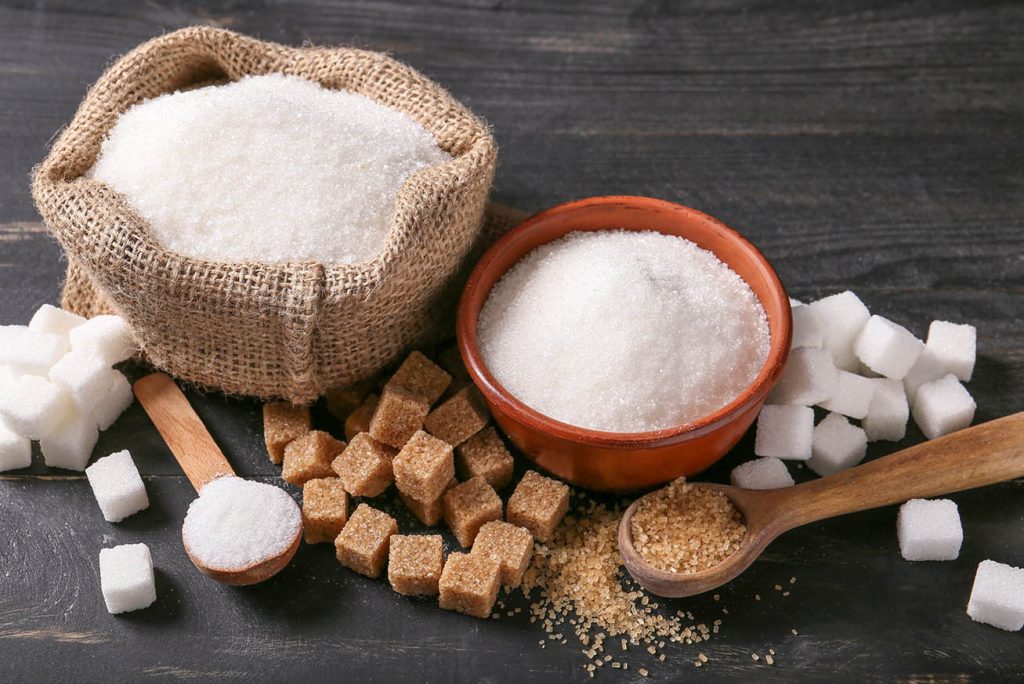
- Limit Salt and Sugar Intake: Excessive salt and sugar can contribute to dehydration and cause your skin to appear dull and dry. It’s best to reduce your intake of these foods and focus on a balanced, nutrient-rich diet to keep your skin hydrated and healthy.
- Increase Omega-3 Fatty Acids: Omega-3 fatty acids are essential for maintaining skin hydration. They help to lock in moisture and prevent dryness. To get more Omega-3, incorporate fatty fish such as salmon and tuna, as well as nuts like walnuts and seeds, into your diet.
- Consume Vitamin C-Rich Foods: Vitamin C is a powerful antioxidant that boosts your skin’s natural barrier and helps it retain moisture. Citrus fruits like oranges, grapefruits, and lemons, as well as strawberries, tomatoes, and bell peppers, are excellent sources of Vitamin C.
- Eat Water-Rich Fruits and Vegetables: Foods with high water content, such as cucumbers, watermelon, and tomatoes, not only provide hydration but also contribute to maintaining the balance of moisture in your skin.
5. Use Moisturizing Skincare Products: Keep Skin Nourished from the Outside
In addition to drinking water and eating hydrating foods, external skincare is equally important. Using the right products to lock in moisture and prevent water loss is key to maintaining hydrated skin during the winter months. Here are some of my go-to moisturizing skincare techniques:
- Use a Gentle, Moisturizing Cleanser: During winter, avoid using harsh, foaming cleansers. Opt for a gentle, hydrating cleanser that won’t strip your skin of its natural oils. Cream or balm cleansers are excellent choices for maintaining skin hydration.
- Use Serums with Hyaluronic Acid: Hyaluronic acid is a powerful ingredient that attracts and retains moisture in the skin. Using a serum with hyaluronic acid helps your skin absorb and lock in moisture, keeping your complexion hydrated throughout the day.
- Moisturizing Creams and Body Lotions: Choose thicker, richer moisturizers during winter. Look for creams that provide deep hydration and contain ingredients like ceramides, glycerin, or shea butter to help lock in moisture. Don’t forget to apply body lotion regularly to keep your skin soft and smooth.
6. Importance of Sleep and Exercise
Adequate sleep and regular exercise are also essential for maintaining hydrated skin. During sleep, the body undergoes self-repair, and this includes rehydrating and rejuvenating the skin. A good night’s sleep supports skin regeneration, allowing it to maintain moisture balance and stay supple.
Regular exercise, on the other hand, boosts circulation and promotes the elimination of toxins. It also stimulates the production of endorphins, which can improve skin health. However, remember to cleanse your face thoroughly after a workout to remove sweat and impurities.
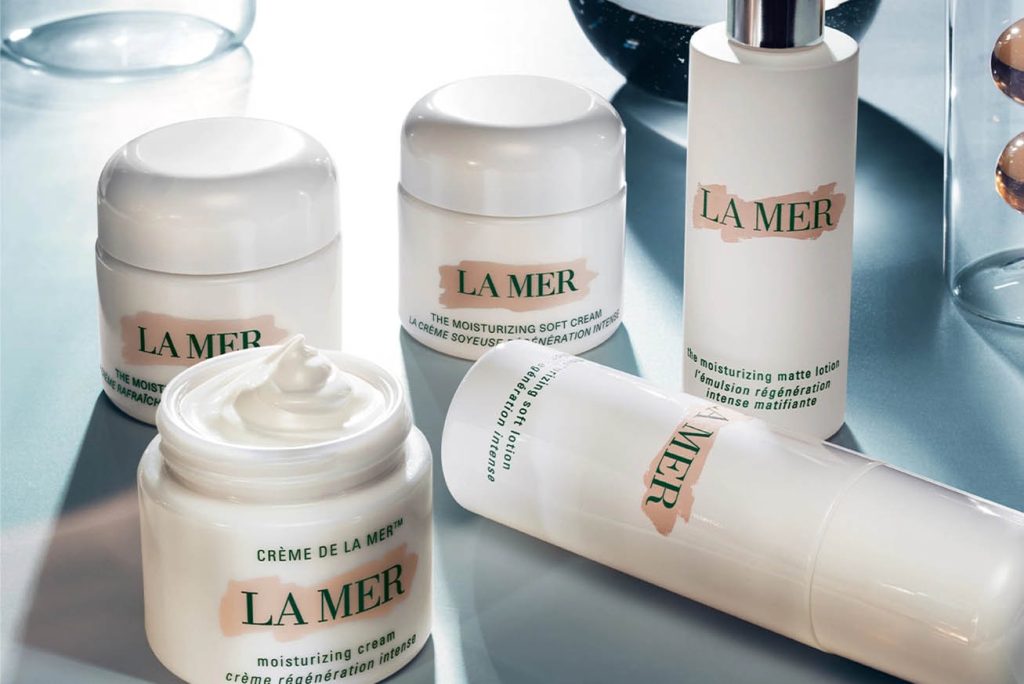
Recommended International Brands
- La Mer: La Mer’s iconic moisturizing cream is a winter skincare staple. With its blend of seaweed extracts, it nourishes the skin deeply and restores moisture, leaving the skin feeling soft and hydrated.
- Dr. Dennis Gross: Known for their advanced formulas, Dr. Dennis Gross offers a hyaluronic acid serum that works wonders in winter. It helps the skin absorb moisture and retain hydration for longer periods.
- Estée Lauder: Estée Lauder’s “Advanced Night Repair” serum is a must-have for winter. This repair serum not only helps the skin repair itself at night but also deeply hydrates the skin, giving it a dewy and healthy glow.
- Kiehl’s: Kiehl’s “Ultra Facial Cream” is a rich, hydrating moisturizer perfect for winter. It is made with natural ingredients that restore moisture and provide long-lasting hydration.
- Clinique: Clinique’s “Moisture Surge” range is great for winter use. The lightweight, oil-free formulas deliver instant hydration to dry, tired skin, leaving it refreshed and plump.
Keeping your skin hydrated in winter is not just about looking good but also about maintaining the health of your skin. By paying attention to your hydration levels, using the right skincare products, and following a balanced diet, you can keep your skin glowing and nourished even during the coldest months. I hope this article has provided you with useful tips for your winter skincare routine. If you have any skincare questions or tips to share, feel free to leave a comment below. Stay hydrated and enjoy the winter season with beautiful, moisturized skin!
